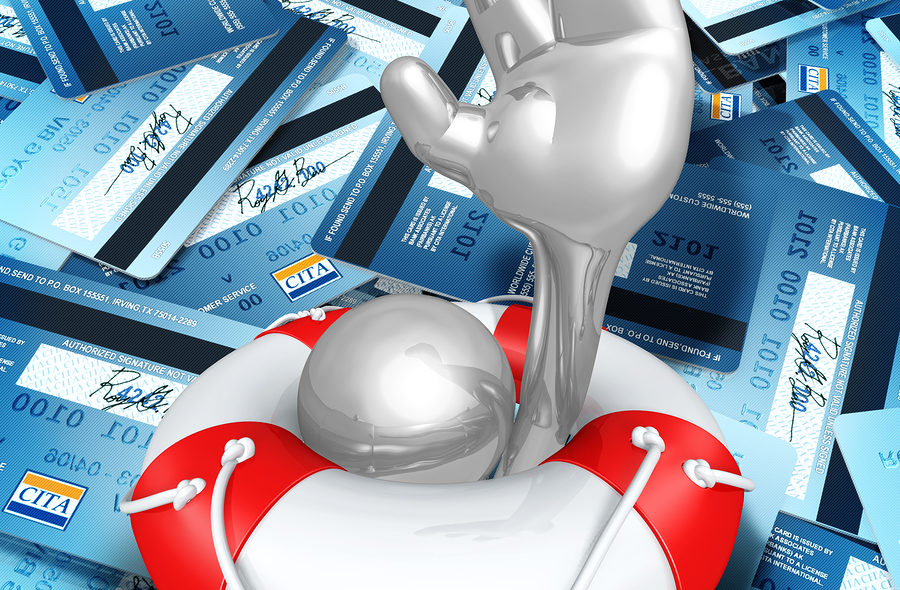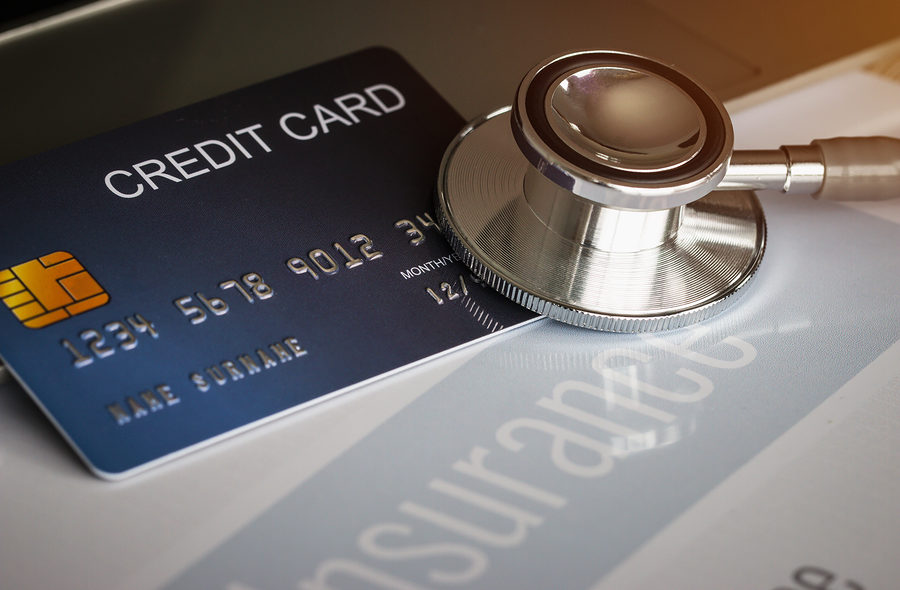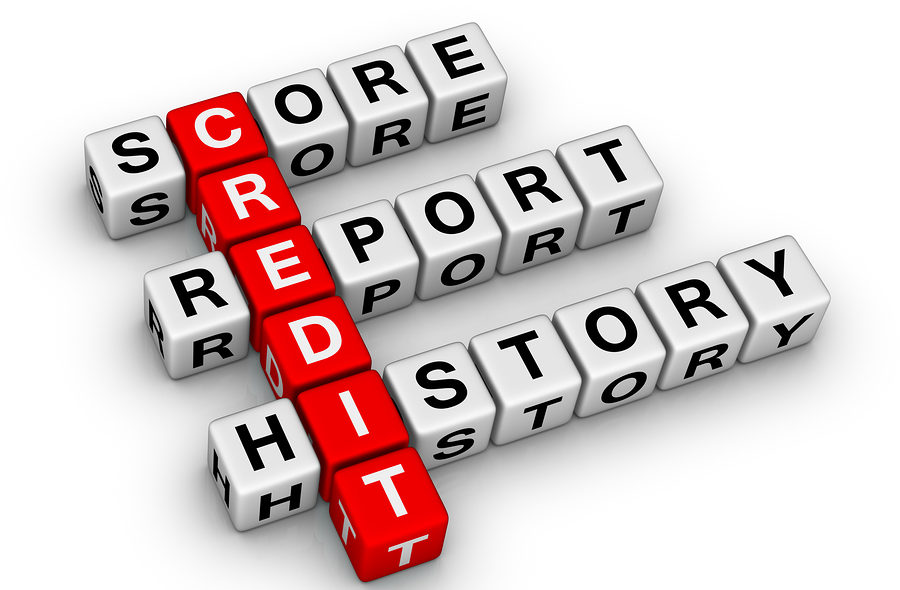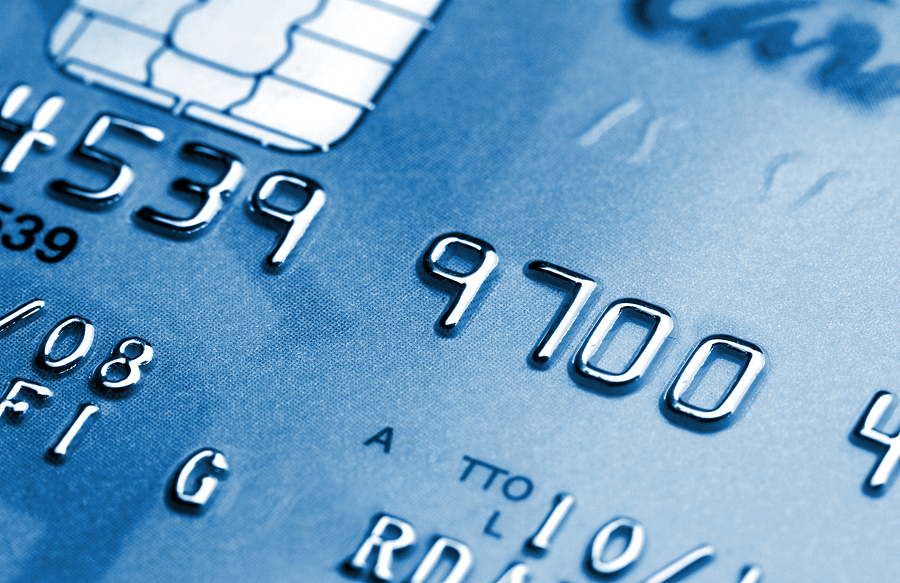Credit card debt in the U.S. has reached a high of $830 billion, making a six percent jump since last year. Next to personal loans, credit card debt is the second-fastest growing category of debt, according to a recent Experian report. It is reported that the average American consumer carries a balance of $6,200 on his or her credit card. With balances that high, it can be quite difficult for the average consumer to pay off his or her debt.
It turns out that the consumers who are carrying the most credit card debt are those with a net worth of over $100,000 or more, according to a recent study from Bankrate. Adults who carried net worth between $100,000 and $199,999 are the most likely to carry credit card debt, followed by individuals with net worth between $200,000 and $1 million. People who had a net worth over $1 million had the least amount of credit card debt.








